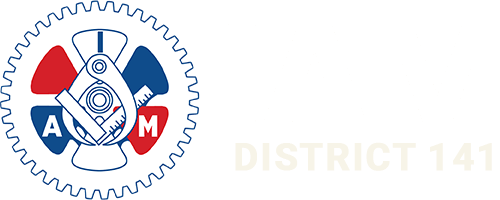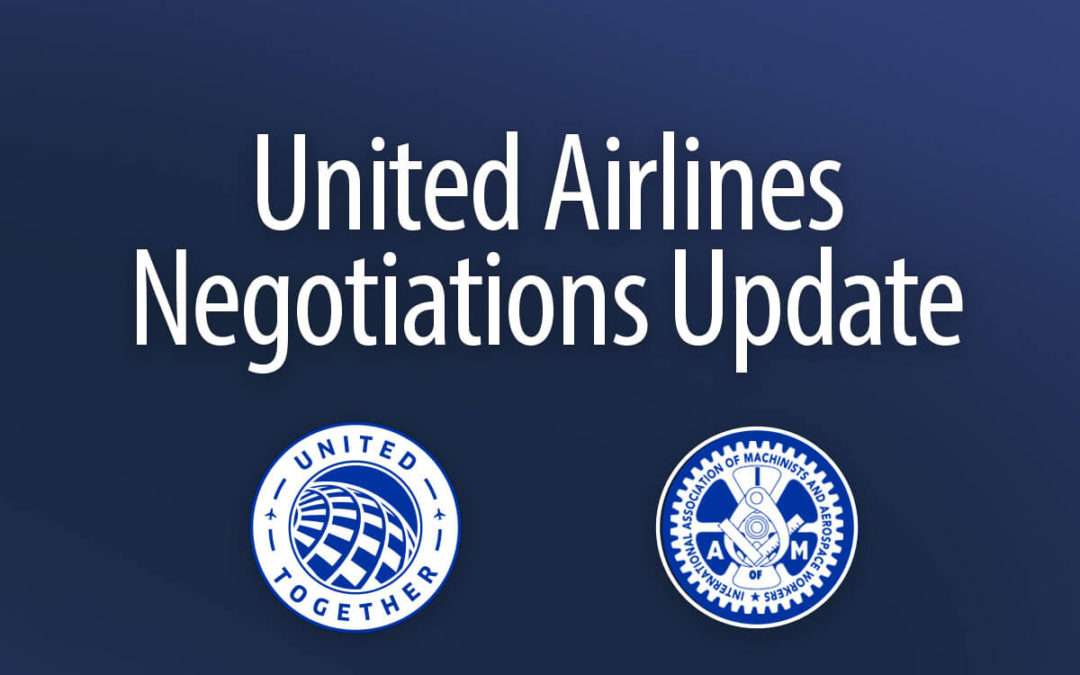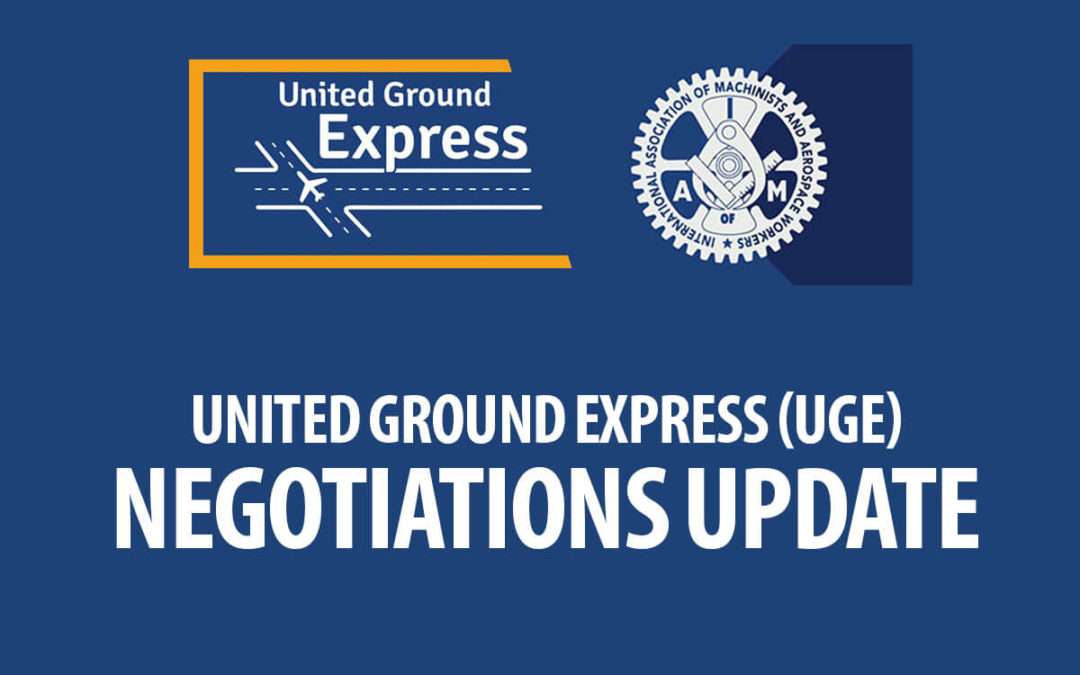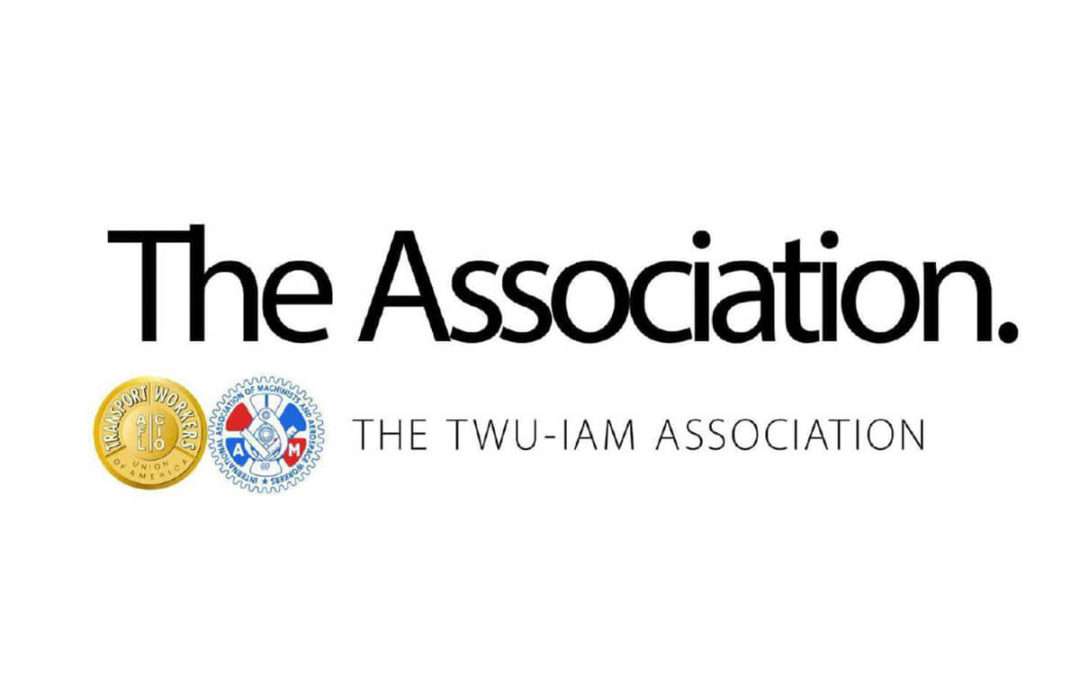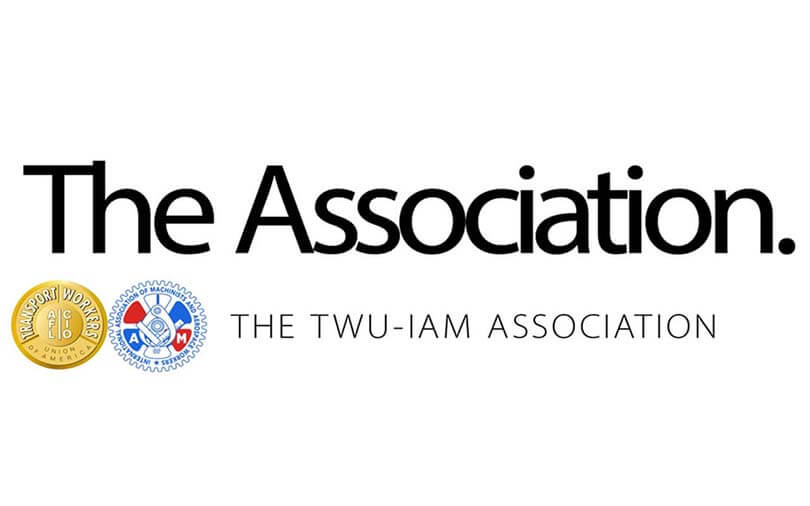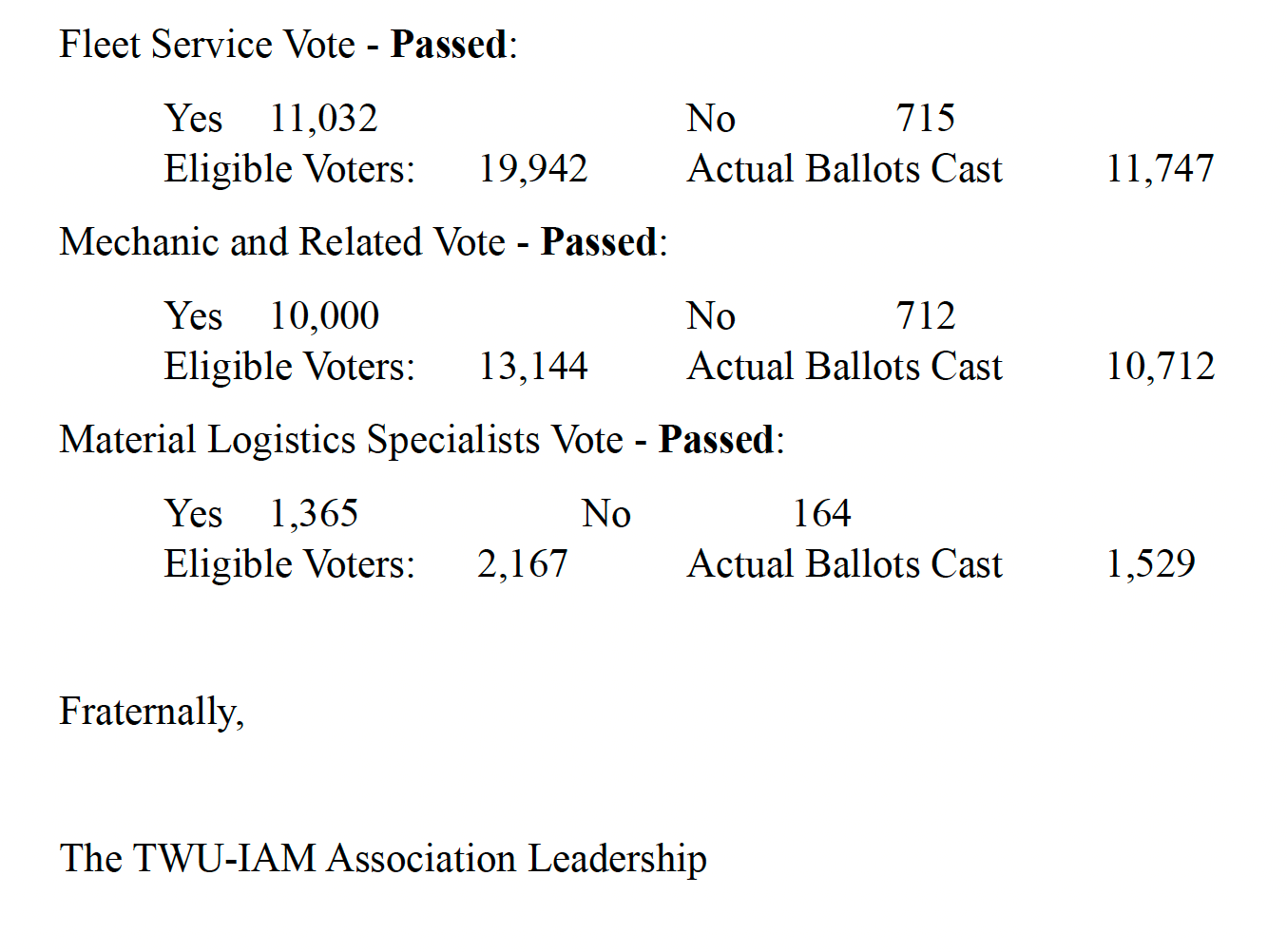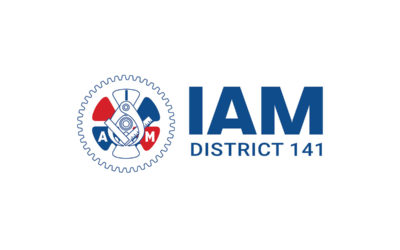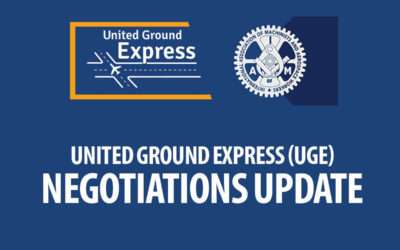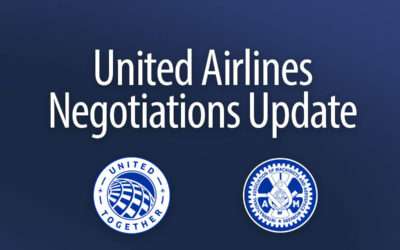I’m writing to clear up some confusion regarding a 2021 Memorandum of Understanding (MOU) that established Hybrid Move Teams specifically for LINE STATIONS. It appears there’s been a misunderstanding, leading to some inaccurate information circulating among our Move...
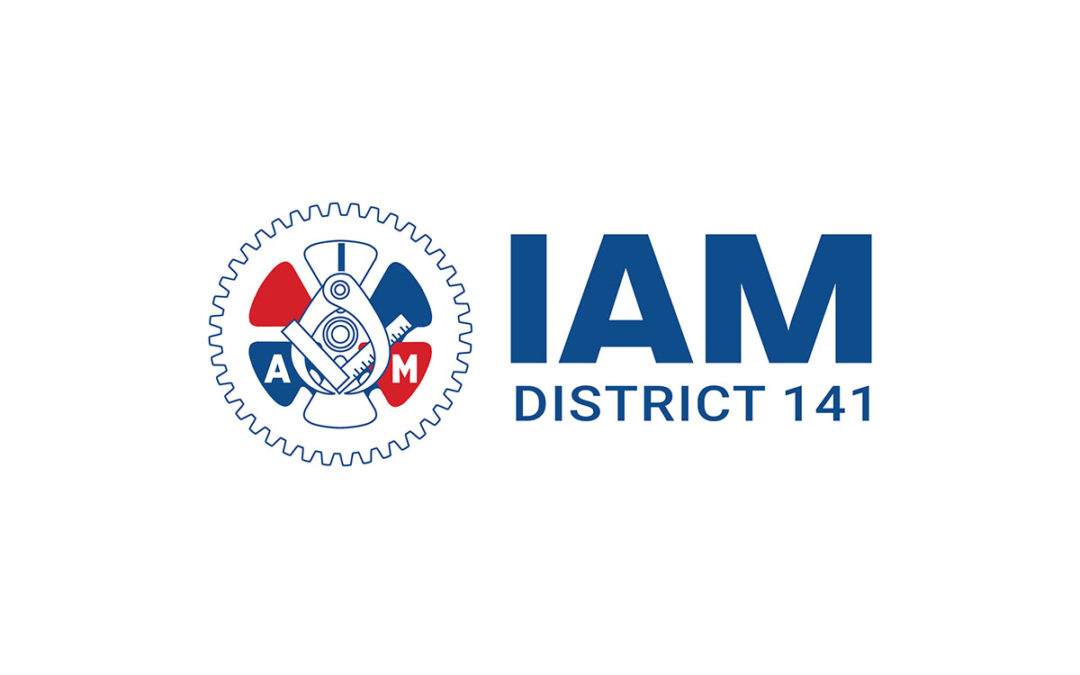
Important Statement Re: Hybrid Move Teams At Line Stations


United Contract Negotiations Update
30 June 2025
To our Brothers and Sisters at United Airlines,
I’m writing to clear up some confusion regarding a 2021 Memorandum of Understanding (MOU) that established Hybrid Move Teams specifically for LINE STATIONS. It appears there’s been a misunderstanding, leading to some inaccurate information circulating among our Move Team members across the system.
First and foremost, this MOU has had, and will have, absolutely NO impact on our Move Team members in the hubs.
This MOU was created in response to requests from many line-station members who move aircraft around airports using Super Tugs and/or crossing active taxiways but were not receiving the $3.00 premium for this work. In 2021, we agreed to a trial run in Orlando (MCO) to see if we could implement “Hybrid” Move Teams. The goal was to ensure Ramp Service Employees (RSEs) in line stations received the $3.00 move-team premium when moving aircraft to and from the terminal and remote areas. A successful trial would lead to the creation of Hybrid Move Teams in other line stations, which would create many jobs for the RSE classification around the system. Our Move Team members in MCO deserve commendation for successfully demonstrating that Hybrid Move Teams can be effective in line stations.
Due to miscommunication within United management, the MCO team posted 12 full-time Move Team vacancies on September 8, 2021. When senior leadership questioned the need for a full-time Move Team in MCO, local management was told to follow the 2021 MOU instead. The Union pushed back, insisting that everyone who had bid on those vacancies keep their Move Team status through the end of 2025. As a result, the MOU was amended in May 2025, giving those members the option to stay or bid elsewhere in line with their seniority.
Adding unnecessary fuel to the fire, Tampa management—along with Line Station Regional Managers and HR—recently held a town hall in the Tampa ramp break room. The topic of discussion was to answer questions and concerns pertaining to the MOU. The perception and takeaways from employees were that Lou Farinaccio, the Line Station Regional MD, blamed the Union for the negative impact the MOU is having. Nothing could be further from the truth.
The reality is that the negative impact was carried out solely by United management, and Lou was instrumental in the decision to use the MOU negatively. The intent of this MOU is to create jobs in line stations and properly compensate RSEs who perform Move Team work in line stations, which has been requested by these members for years.
Shame on management for weaponizing the MOU to try to cover up their mistakes and misapplication of the agreement, causing unnecessary anxiety and frustration for our membership.
In Solidarity,


Michael G. Klemm
President and Directing General Chair,
IAM District 141
Recording Secretaries: Please print and post on all IAM Union bulletin Boards.
